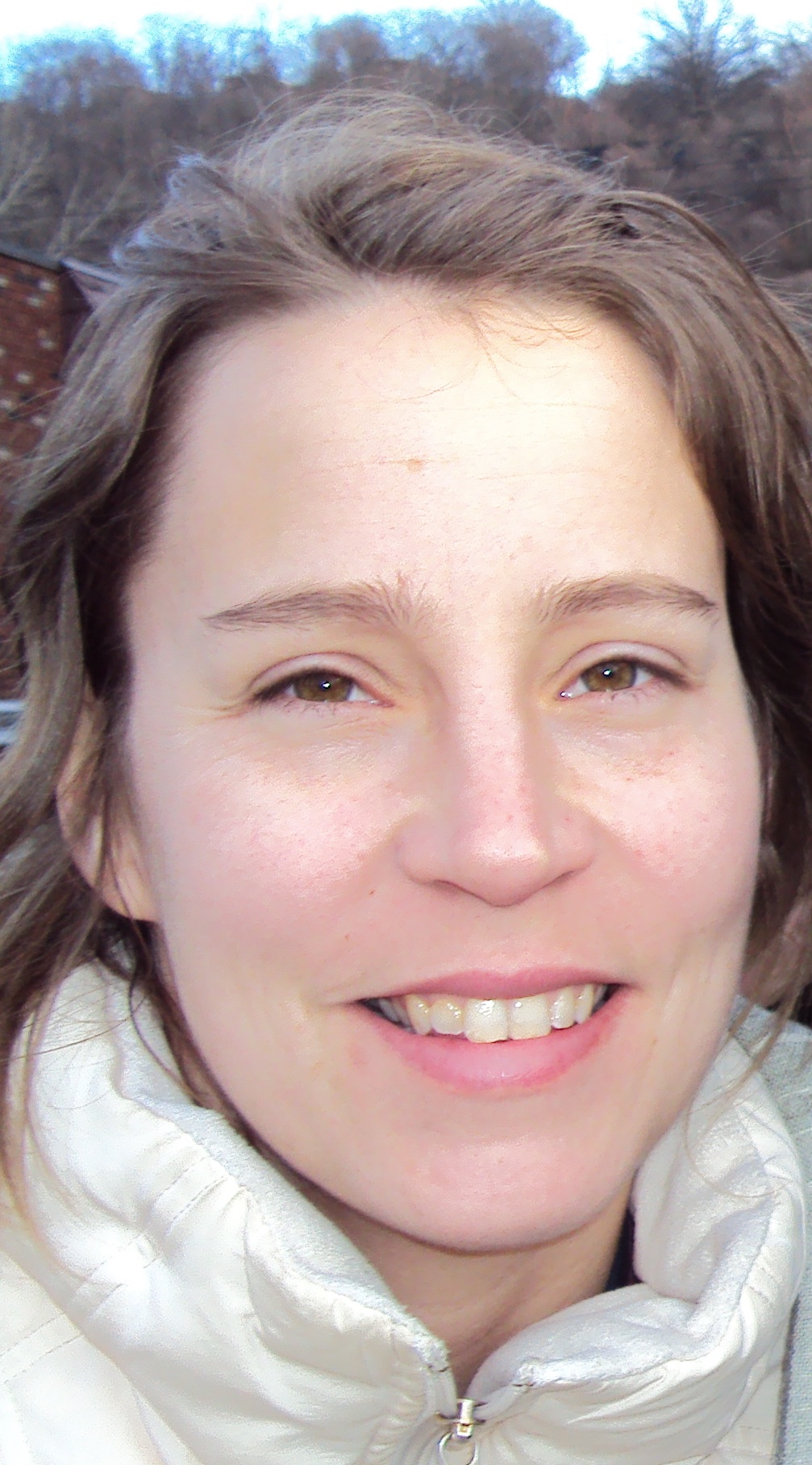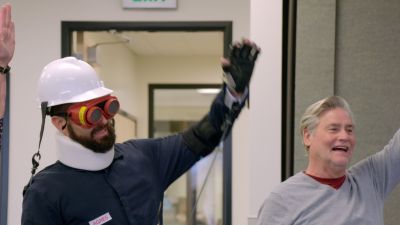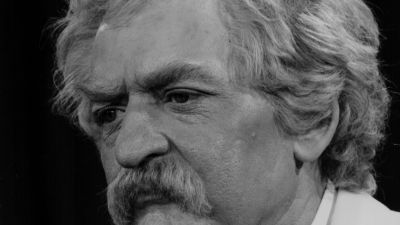April is National Poetry Month, and we’re celebrating by featuring examples of “civic” poetry from new and familiar voices. Throughout the month we’ll be discussing what it means to be civic through the art of words. Join us on Twitter at #civicpoetry.
What Invites or Requires a Response
A Response (after Leslie Scalapino)
A poem does invite, it does require. What does it invite? A poem invites
you to feel. More than that: it invites you to respond. And better than
that: a poem invites a total response.”
— The Life of Poetry, Muriel Rukeyser
What’s madness but nobility of soul
at odds with circumstance?
— Theodore Roethke, “In a Dark Time”
What invites — or requires — a response
at odds — with circumstance — like howling
— in the trees — or was it eaves?
crows — bats I would look — away
— into traffic — at a certain year
I left — my body — like a hawk — more
or less — incapable of flight
simply a chicken would — soar
above its body — if it could
wherever you see crows — hawks have been
— I see crows every day — and was not — looking
at the news — out my back door
of a speckled hen — black & white — eaten
after the dog of its body — eaten — its back — by word
of mouth — about 4 pounds, size and shape
of a balloon — just before — any death, collapsed —
there should be howling — in the trees —
or is it eaves? — in my attic — the bat
— batted — its body — left
spots of red — on the new dry
wall — the word for giving birth
and having sex and the posture — of death
— she lay — the hen — her body — a woman
of subzero weather — does not repose
a woman — in North Dakota — may have to
— leave — her arm — behind
and they say we hope — you’re non — violent
protestors — not my arm — not nearly — brought
to cata strophe — frost bitten — police hosed
volunteer medics being trained in — amputation —
thousands in uniforms — a blizzard — we
arrived with no plan for how — to listen
to the Elders — an occupation — of
an occupation — of — an occupation
didn’t get — the orientation — to do —
nothing — without tents — wandering — the wind up
all night howling like — strophe —
Wesley Clark, Jr — was nowhere — our sleeping bags
on the bus departed — with all our gear — veterans
are — by definition — at odds — with circumstance
when they return to “civilian” — life
and in this sense — prisoners
— the famous general — his rebel
son — was — not at the orientation
— to do nothing — unless asked —
no small feat for ones — inclined toward saving
— a woman — bisexual — runs with the troops
is a troop — runs — to tell — the Elders
— and so cata strophe — was parted — through the
middle — the Elders sat down — to ground
— the ions — hold who can’t remember
what violence — looks like — a pile of feathers
I could only say no to — wanted
the neighbor dog — gone — who had eaten
my hen — I wanted the neighbor dog — shot, except
last year I tried to steal the dog
poor — malnourished — lonely — doggy
up all night howling like — to save
from — its owner — my rage
was sometimes for and sometimes — against
— a blizzard — I could not see in
and my hen — my starving dog — who has a name
— I could tell you — I cannot say
the words my hawk — had it been
a hawk — I would have felt — what?
had it been — a hawk going after
the neighbor’s box of feral kittens —
I would have felt — what
From the poet
Robin Clarke: This poem had a few coordinates at its inception. First, my desire to write within a structure I have been obsessed by — the intense dashes of Leslie Scalapino’s book crowd and not evening or light. The first poem in that book, called “roll,” features a corpse in the river that washes past sunbathers; a dog who nibbles on the corpse; working-class men in a bar wearing “new wave clothes” (in the ’80s? or are the clothes out of fashion?); a homeless person. These images swirl surreally around this poem such that mortal commodity chains settle into the body as both consumer and consumed. That poem’s rhythmic attention to individual phrasal units draws me into the present moment of reading so intensely: reading can’t happen easily, poems here can’t be consumed, not without considerable indigestion.
Meanwhile, I watched this pet chicken who I loved get killed and eaten right before my eyes. The term “edible companion” (from the field of animal studies) haunts me. The phrase is an intervention into the binary between animals imagined as nonsensate, unsentient beings whose trauma in the meat industry we do not allow ourselves to think, versus the animal as pet: a billion-dollar comfort industry for animals.
Meanwhile, a dear friend and incredible activist here in Pittsburgh, Helen Gerhardt, told me about being one of the veterans who went to Standing Rock, and how we got this picture from left-leaning news of a miracle when the veterans came and pipeline construction under the Missouri River was halted, and how close it was to total disaster.
Scalapino’s form helped me hold all my doubts in one place.
Kristin Miller, BillMoyers.com: Do you think of yourself as a “civic poet?”
RC: The word “civic” always feels like something that doesn’t exist, can’t exist or can only exist insofar as it is permitted to by the state. So yes, I am a civic poet. I am still allowed to exist quite comfortably. Were the water protectors at Standing Rock engaging in their civic duty? We saw what the state is willing to do to them.
KM: How do you think poetry can add to the public discussion of politics, society, inequality, the environment and other divisive topics?
RC: I think what is called experimental poetry can be best suited to public discourse. Thinking of Citizen and Juliana Spahr’s “Unnamed Dragonfly Species,” for example: in my experience, people who do and don’t read a lot of poetry are drawn to these “anti-lyrical” forms because the form articulates something true about how we experience language in a society saturated with doublespeak. A society must be filled with constant lies in order to support a myth of itself that is so totally opposite reality. A conventional lyric poem can sometimes feel like just another saturated performance — its task, regardless of method, is to interrupt lies.
This project was co-curated by the journalism nonprofit the Economic Hardship Reporting Project and its Puffin Story Innovation Fund.




